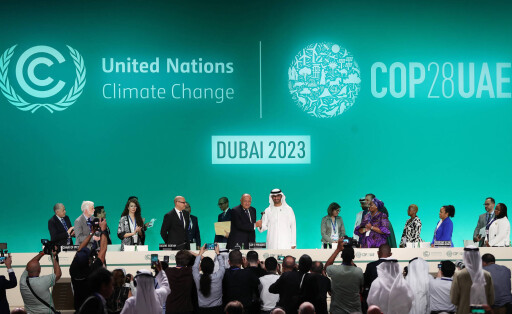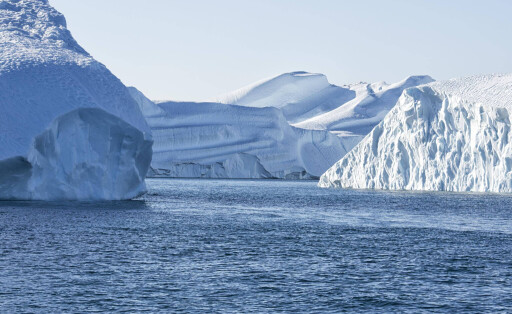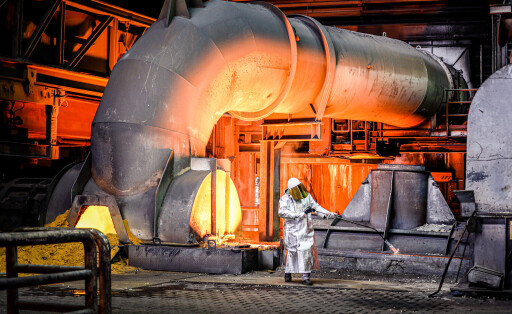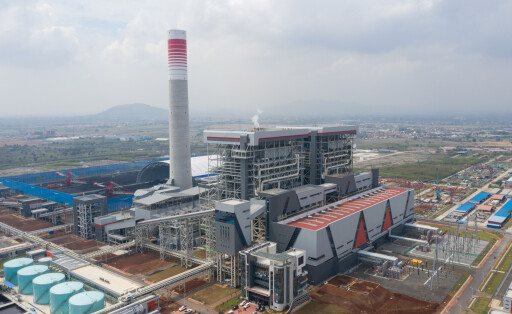
Ingrid-Gabriela Hoven: The GIZ aims to unite climate action and business development
Ingrid-Gabriela Hoven, Director of the German Development Cooperation (GIZ), hopes for a good COP28 outcome and faster climate action. She reorganizes the GIZ and sets new priorities in climate action and adaptation.
By Redaktion Table








